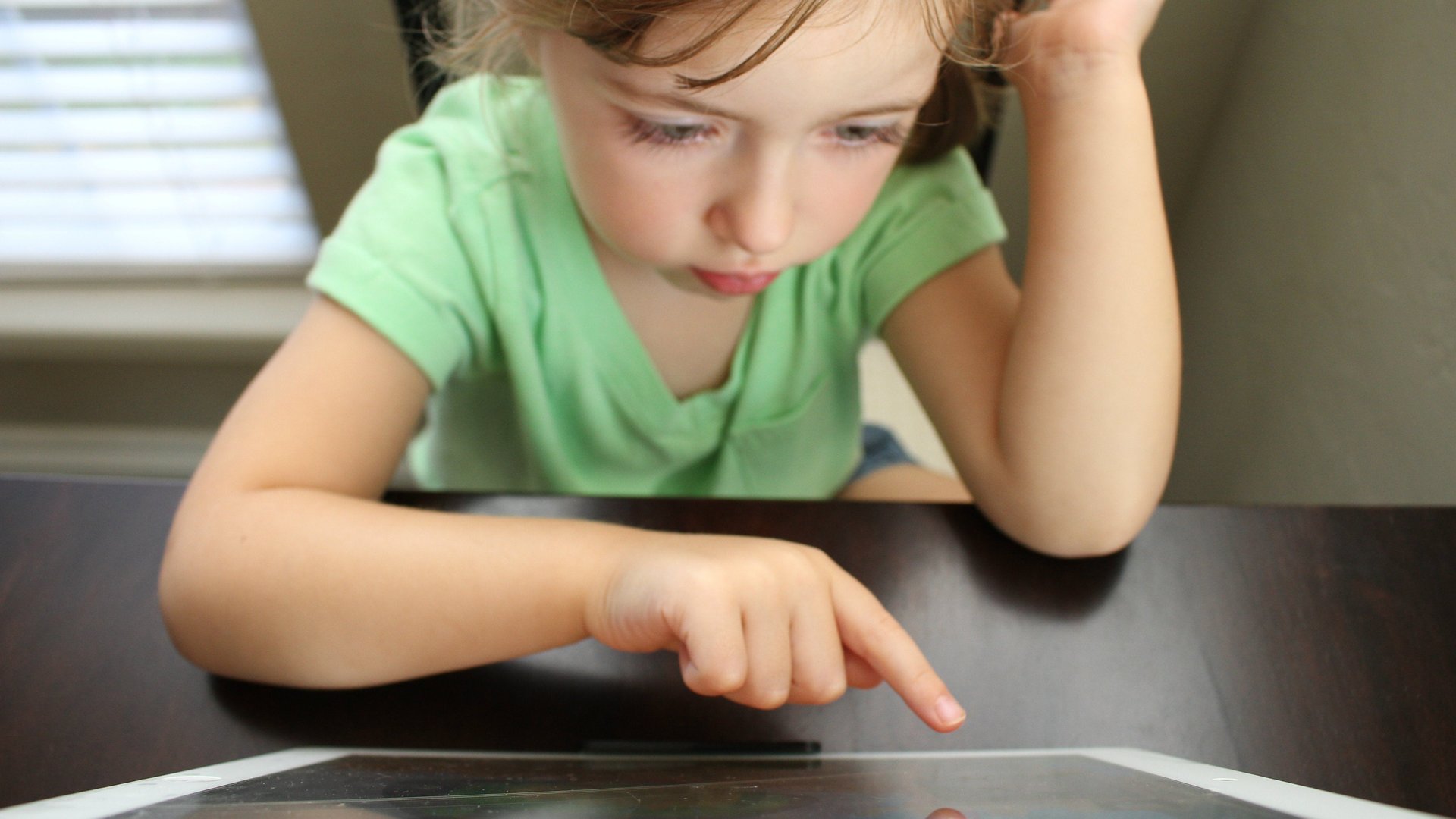A letter from two big Apple investors powerfully summarizes how smartphones mess with kids’ brains
Two big investors sent a letter to Apple this weekend imploring the biggest US company by market value to consider how technology affects children’s wellbeing.


Two big investors sent a letter to Apple this weekend imploring the biggest US company by market value to consider how technology affects children’s wellbeing.
Jana Partners, an activist hedge fund, and the California State Teachers’ Retirement System (Caltstrs), one of the largest public pension funds in the US, say Apple has an opportunity to take the lead in helping parents manage devices that are increasingly ubiquitous and potentially harmful. Together, the investors own around $2 billion in Apple shares.
“It would defy common sense to argue this this level of usage, by children whose brains are still developing, is not having at least some impact, or that the maker of such a powerful product has no role to play in helping parents to ensure it is being used optimally,” wrote Barry Rosenstein, managing partner of Jana, and Anne Sheehan, head of corporate governance at Calstrs.
The letter says the average American teenager gets her first smartphone at age 10 and spends more than 4.5 hours a day on it—excluding texting and talking. Nearly 80% of teens check their phones hourly, and more than half report feeling addicted to their devices. The investors concede that parents have an important role to play in managing their kids’ screen time, but argue that Apple does too. (As a precedent, Apple recently incorporated technology into its operating system to prevent drivers from being overly distracted, and curb texting while driving.)
The investors teamed up with experts and activists, including Michael Rich, founding director of the Center on Media and Child Health at Boston Children’s Hospital, Jean M. Twenge, author of the book iGen and a professor and psychologist at San Diego State University, and musician Sting and his wife, producer Trudie Styler, to look at the existing research. “We believe there is a clear need for Apple to offer parents more choices and tools to help them ensure that young consumers are using your products in an optimal manner,” the group concludes.
Their suggestions include funding research and jobs within Apple to study the issue, and creating tools that allow parents to limit and/or better monitor their children’s device use. One idea is a menu in a device’s initial setup options where parents could enter a kid’s age and receive recommendations on everything from screen-time limits to appropriate social media sites. Just like Apple has annual progress reports on its environmental impact and supply-chain practices, the investors suggest that the tech giant should produce a progress report on how kids are using its technology. “We believe that addressing this issue now will enhance long-term value for all shareholders, by creating more choices and options for your customers today and helping to protect the next generation of leaders, innovators, and customers tomorrow,” they wrote.
The letter cites an eye-opening list of research on the impact that technology has on kids, including:
- A survey by the Center on Media and Child Health and the University of Alberta that found 75% of more than 2,300 teachers say students’ ability to focus on educational tasks has decreased
- Twenge’s research showing that US teens who spend five hours or more a day on electronic devices are 71% more likely to have a risk factor for suicide than those who spend less than one hour
- Kids who overuse technology get less sleep
- When children detox at a device-free camp, they perform better than a control group on tests of empathy
- A survey from the American Psychological Association of more than 3,500 American parents found that 58% say they worry about the influence of social media on their child’s physical and mental health, and 48% recount that regulating their child’s screen time is a “constant battle”
The letter also takes a dig at social media companies. “It is also no secret that social media sites and applications for which the iPhone and iPad are a primary gateway are usually designed to be as addictive and time-consuming as possible, as many of their original creators have publicly acknowledged,” the letter notes. Last year, Sean Parker, one of Facebook’s original investors and its first president, said about Facebook, “God only knows what it’s doing to our children’s brains.”
In response to the letter, Tony Fadell, who helped create the first iPhone, issued a series of tweets calling for Silicon Valley to do more to battle device addiction, in the young as well as the old.